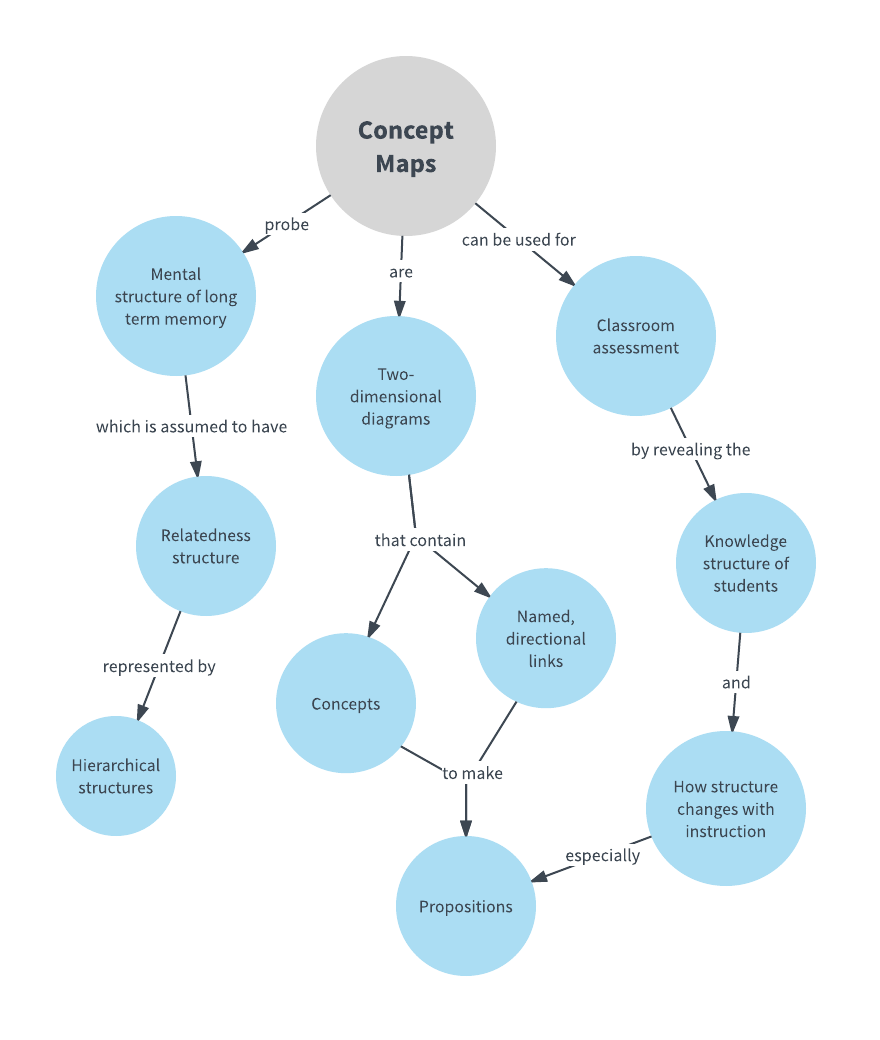The Concept of "Alter Sack" in English: A Comprehensive Exploration
Verwandte Artikel: The Concept of "Alter Sack" in English: A Comprehensive Exploration
Einführung
Bei dieser feierlichen Gelegenheit freuen wir uns, in das das faszinierende Thema rund um The Concept of "Alter Sack" in English: A Comprehensive Exploration vertiefen. Lassen Sie uns interessante Informationen zusammenfügen und den Lesern frische Perspektiven bieten.
Table of Content
- 1 Verwandte Artikel: The Concept of "Alter Sack" in English: A Comprehensive Exploration
- 2 Einführung
- 3 The Concept of "Alter Sack" in English: A Comprehensive Exploration
- 3.1 Understanding the Nuances of "Alter Sack"
- 3.2 Cultural Context and Social Dynamics
- 3.3 Exploring the English Equivalents
- 3.4 Potential Misunderstandings in English
- 3.5 FAQs Regarding "Alter Sack"
- 3.6 Tips for Using "Alter Sack" in English
- 3.7 Conclusion
- 4 Abschluss
The Concept of "Alter Sack" in English: A Comprehensive Exploration

The German phrase "Alter Sack" translates literally to "old sack" in English. While this literal translation might seem crude or even offensive, the term carries a much more nuanced meaning in German. It’s a colloquial expression that embodies a complex interplay of cultural understanding, humor, and social dynamics. This article delves into the intricate layers of meaning associated with "Alter Sack," exploring its usage, implications, and potential misunderstandings in English-speaking contexts.
Understanding the Nuances of "Alter Sack"
"Alter Sack" is a term often used to describe an older man, but it’s not simply a neutral descriptor. It carries a certain level of familiarity and informality, often used playfully or ironically. The term can be seen as a term of endearment, particularly when used within a close-knit group or among friends.
However, the "Alter Sack" label can also be used in a more critical or sarcastic way, highlighting perceived flaws or shortcomings of the individual. This can range from light-hearted teasing to more serious criticisms, depending on the context and the relationship between the speaker and the person being addressed.
Cultural Context and Social Dynamics
The use of "Alter Sack" is deeply embedded within German culture and its understanding is crucial for avoiding potential misunderstandings. It’s a term that reflects a certain familiarity and closeness, often used within specific social circles.
The term’s usage often hinges on the speaker’s intention and the relationship they have with the person being addressed. Using "Alter Sack" with someone you don’t know well, or using it in a formal setting, could be perceived as disrespectful or even offensive.
Exploring the English Equivalents
While there’s no direct equivalent for "Alter Sack" in English, several terms come close, each with its own nuances and connotations:
- Old geezer: This term carries a playful and light-hearted tone, often used to refer to an older man in a humorous way.
- Old timer: This term is more neutral and often used to describe someone with experience or wisdom.
- Old codger: This term can be used affectionately or with a touch of irony, suggesting a slightly eccentric or grumpy older man.
- Old fogey: This term is often used in a more critical or satirical way, implying that someone is out of touch with modern trends or ideas.
The choice of English equivalent depends heavily on the specific context and the desired tone. Understanding the nuances of each term is essential to avoid misinterpretations.
Potential Misunderstandings in English
Translating "Alter Sack" directly into English can lead to significant misunderstandings. The literal translation, "old sack," carries negative connotations in English, suggesting someone is useless or worthless. This starkly contrasts the playful or affectionate connotations of "Alter Sack" in German.
Furthermore, the informal and familiar nature of "Alter Sack" might not translate well into English, especially in formal settings. Using a direct equivalent like "old geezer" or "old codger" could be perceived as disrespectful or inappropriate.
FAQs Regarding "Alter Sack"
Q: Is "Alter Sack" always offensive?
A: No, "Alter Sack" is not always offensive. It can be used affectionately within certain social circles, but its usage depends heavily on context and relationship dynamics.
Q: What are some appropriate ways to use "Alter Sack" in English?
A: It’s best to avoid using "Alter Sack" directly in English as it can be easily misinterpreted. Instead, choose an equivalent term that matches the intended tone and context.
Q: When is it inappropriate to use "Alter Sack"?
A: Using "Alter Sack" in formal settings, with strangers, or in a way that could be perceived as disrespectful is inappropriate.
Q: How can I avoid misunderstandings when using "Alter Sack" in English?
A: It’s best to avoid using "Alter Sack" directly in English. Instead, choose a more neutral or contextually appropriate English term.
Tips for Using "Alter Sack" in English
- Consider the context: Think about the relationship between the speaker and the listener, the setting, and the intended tone.
- Choose an appropriate English equivalent: Select a term that matches the intended meaning and avoids potential misunderstandings.
- Be mindful of cultural differences: Recognize that "Alter Sack" has a specific cultural context in Germany and might not translate directly into English.
- Use caution: When unsure, it’s best to avoid using the term altogether or opt for a more neutral alternative.
Conclusion
"Alter Sack" is a complex term that embodies a rich cultural tapestry of humor, familiarity, and social dynamics within German culture. While it might seem like a simple phrase, its meaning and usage are deeply intertwined with context, relationship dynamics, and cultural understanding.
When translating "Alter Sack" into English, it’s crucial to choose appropriate equivalents that reflect the intended tone and avoid potential misunderstandings. Recognizing the nuanced nature of this term is essential for effective communication and cultural sensitivity, ensuring that meaning is conveyed accurately and respectfully across linguistic and cultural boundaries.








Abschluss
Daher hoffen wir, dass dieser Artikel wertvolle Einblicke in The Concept of "Alter Sack" in English: A Comprehensive Exploration bietet. Wir schätzen Ihre Aufmerksamkeit für unseren Artikel. Bis zum nächsten Artikel!